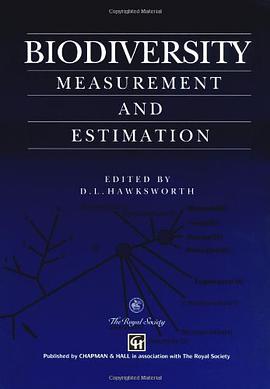

- Deals with the key questions of sociobiology: If Darwin and Dawkins were right, the selection process in evolution would always have favoured egoism. Why, then, do so many animal groups show so many actions of altruism?
- Internationally leading scientists contribute to the clarification of these questions dealing with "their" favourite animal groups
Research on the evolution of social behaviour has been dominated by genetic relatedness for a long time; however, both recent empirical studies and theoretical concepts give growing evidence for ecological factors acting as very prominent additional or alternative driving forces in social evolution. Now the time is ripe to investigate similarities and differences in the course of social evolution in different animals. This book brings together renowned researchers working on sociality in different animals. For the first time, they compile the evidence for the importance of ecological factors in the evolution of social life, ranging from invertebrate to vertebrate social systems, and evaluate its importance versus that of relatedness.
Answers are given to important questions such as:
- Which factors favour group living in social invertebrates and vertebrates?
- Are there general differences in the evolutionary forces promoting social life in social insects versus cooperatively breeding vertebrates?
- Why are there only so few eusocial vertebrates?
- Can relatedness within social groups be a by-product arising from the fact that neighbours are generally kin?
具體描述
讀後感
評分
評分
評分
評分
用戶評價
相關圖書
本站所有內容均為互聯網搜索引擎提供的公開搜索信息,本站不存儲任何數據與內容,任何內容與數據均與本站無關,如有需要請聯繫相關搜索引擎包括但不限於百度,google,bing,sogou 等
© 2025 qciss.net All Rights Reserved. 小哈圖書下載中心 版权所有




















